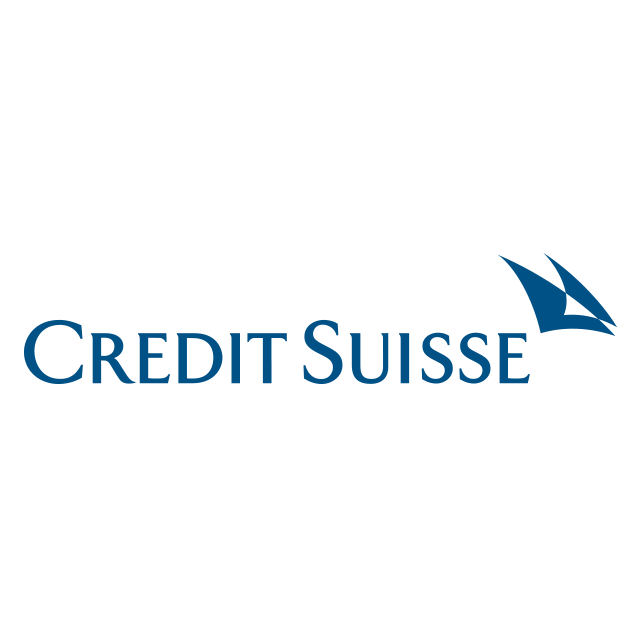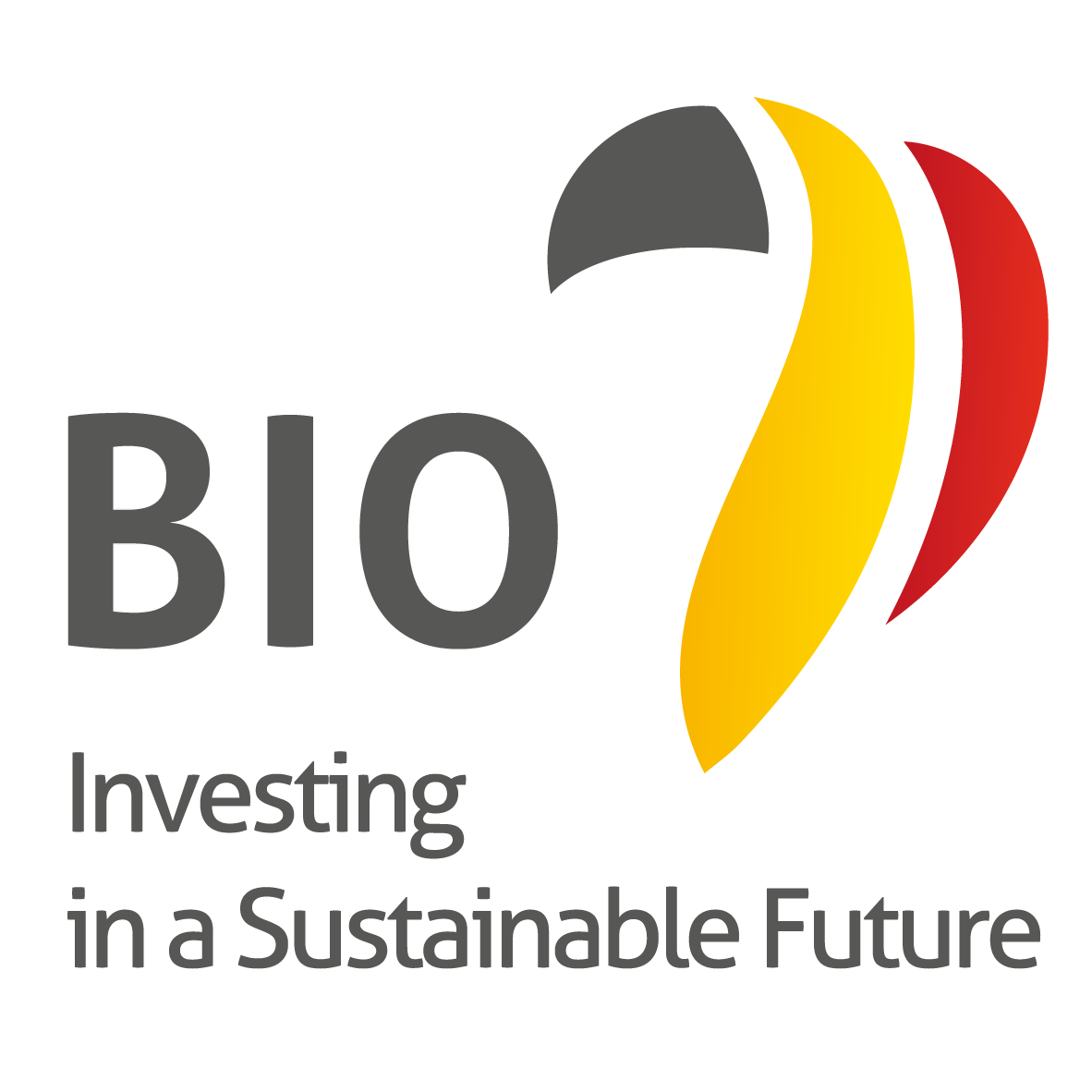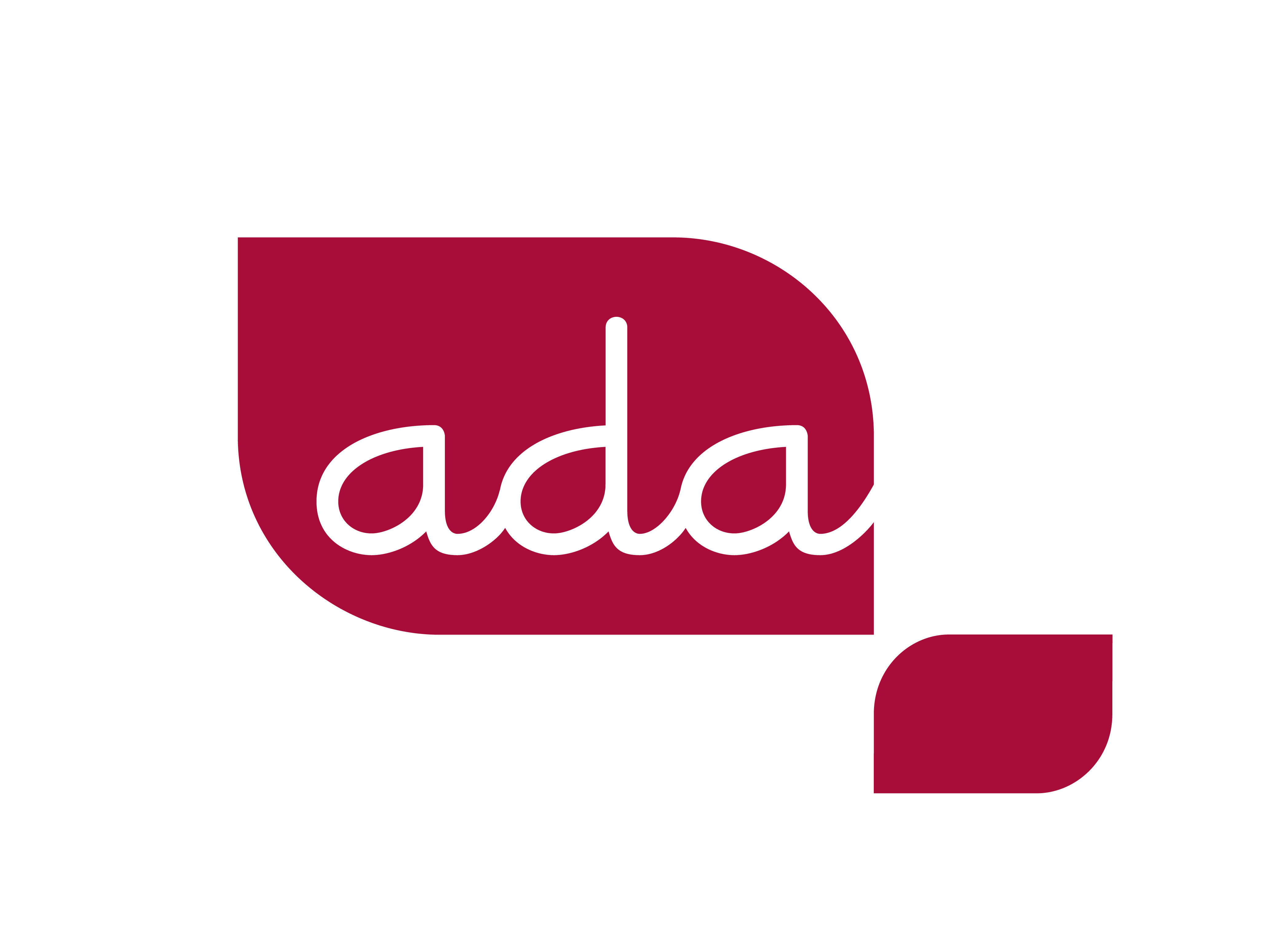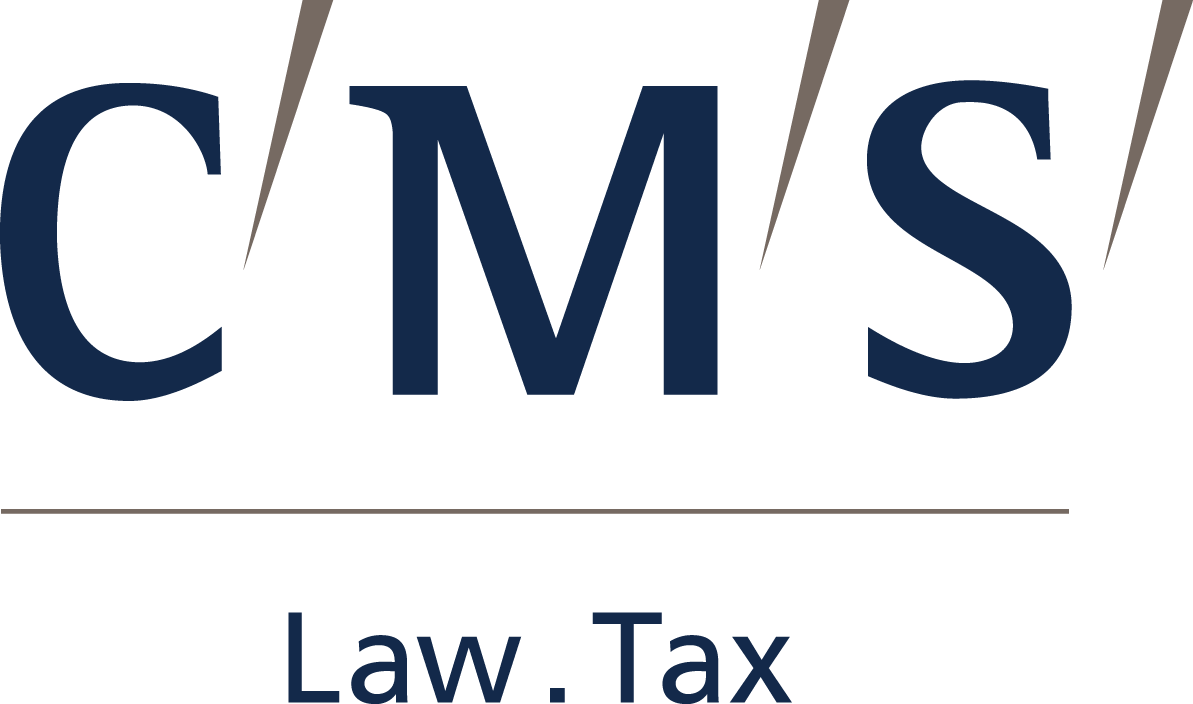Foreword
European Microfinance Week 2020 (EMW2020) was like none before it. The sector has been turned upside down by the pandemic with its perfect storm of liquidity threats to providers, financial shocks to vulnerable households, a global macro-economic downturn – and more. This has been a crisis with many components – and like none that has come before.
And even beyond the critical subject matter, there have been enormous logistical challenges forced by the need to mitigate the spread of the virus. Already in the Summer it was clear that EMW2020 would have to be entirely online. This meant a daunting array of new problems to solve and platforms and possibilities to grasp – and real opportunities as well for this to be a blueprint for the future. At the same time, the digital nature of the event enabled far deeper insights into attendees’ real interests: where do people go when given a choice? How do people like to engage? What really matters to the sector right now?
The decision to go online was not taken lightly. It was an enormous and daunting undertaking. How to re-create and re-envision the rich debate of a typical EMW for people in their offices and homes behind computers? How to allow them to meet and engage? How to make the sessions themselves better suited for people already suffering ‘Zoom fatigue’? How to see this as an opportunity to evolve – in substance as well as format?
Despite this multitude of challenges, EMW2020 was a success beyond anyone’s expectations. Held over 18-20th November, EMW2020 set multiple records: the largest number of participants (over 500) from 61 countries, featuring the largest number of speakers (over 130) taking part in 55 sessions – twice the usual number. These sessions ran the gamut of important issues in contemporary inclusive finance, including several on the impact of Covid-19, four sessions on savings (the topic of the European Microfinance Award (EMA)), digitisation, climate change resilience, client protection, WASH, remittances, finance for displaced persons, agri-finance and housing.
These sessions were not only more numerous and diverse, but introduced many new formats better suited for an online conference, from topic lounges and fire-side chats to working sessions, case studies and interviews – all available both live and recorded for viewing afterwards. For the first time, e-MFP publication on the EMA2020 – this year entitled Encouraging Effective & Inclusive Savings – was presented during the Week. And e-MFP’s new book on housing microfinance was launched – three years in the making. But three main things didn’t change – the conference was bookended as always by plenaries; the EMA ceremony (online this time too, of course) was a highlight of the Thursday; and there were people installed in all of the 55 sessions to take careful notes, allowing this conference report to carry the insights and discussions to a yet broader audience.
We are enormously grateful to all the speakers and participants who joined us in this great adventure, and to many others – including the organisational team and those who produced the content that makes this report possible. We don’t yet know if EMW2021 will be in-person, fully online – or a mix. But we know for sure that, whatever the format, the gambles taken over recent months to make sure that EMW2020 was the best it could be have paid off – and that many of the format innovations on formats will endure.
We hope you get a lot of value out of this report that pulls together everything that went on at a genuinely unique European Microfinance Week.
Take care,
Laura Hemrika, e-MFP Chairwoman
Christoph Pausch, e-MFP Executive Secretary













